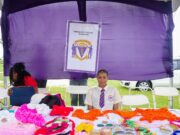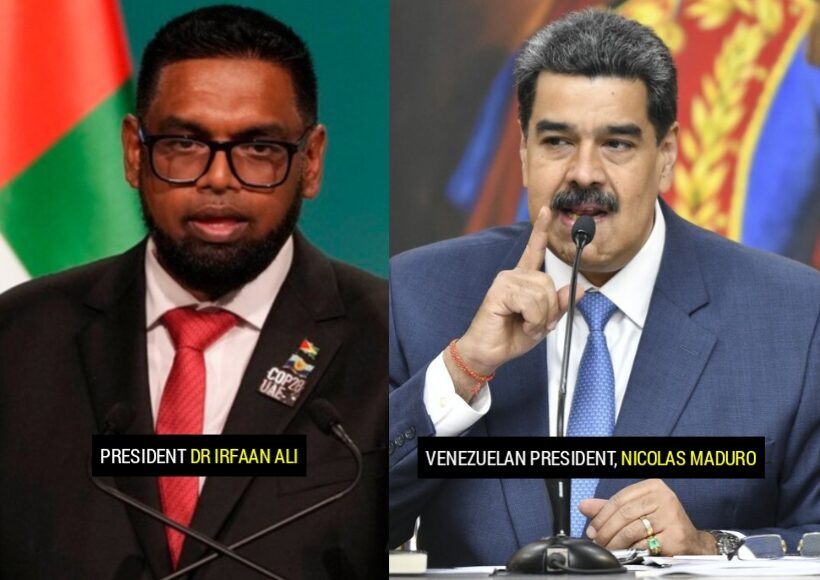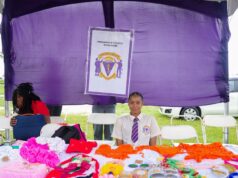Venezuelan President, Nicolas Maduro has ordered military drills off the country’s Atlantic coast in response to the deployment of the British Royal Navy patrol vessel, HMS Trent, to Guyana.
The British Defense Ministry’s decision to send the HMS Trent to Guyana, as a show of diplomatic and military support, has added fuel to the longstanding tension between Venezuela and Guyana over the 159,000-square-kilometer Essequibo territory. This controversy, spanning over a century, intensified in 2015 when substantial oil reserves were discovered in Guyana, and later intensified in September when the Government of Guyana announced the awards of its oil blocks to bidders in the 2022 Licensing Round.
Despite being told that the warship is not being used for efforts of aggression, Venezuela has perceived the move as a means of provocation by Venezuela, leading Maduro to “emphasize” the nation’s right to self-defense and denounce what he considers a threat from the United Kingdom.
“This is a threat from the United Kingdom to the noble and peaceful but sturdy people of Venezuela,” Maduro asserted in his televised New Year’s address to the National Bolivarian Armed Forces. Despite respecting an agreement with Guyana on their territorial dispute, Maduro stated that Venezuela cannot remain passive in the face of perceived threats and will respond proportionally.
In contrast, President Irfaan Ali has swiftly responded to the rising tensions, issuing a statement reaffirming Guyana’s commitment to peaceful relations and dismissing any aggressive intentions. “Neither Venezuela nor any other State has anything to fear from activities within Guyana’s sovereign territory or waters,” President Ali stated. He emphasized Guyana’s dedication to regional and international partnerships aimed at enhancing internal security, assuring that these collaborations pose no threat to any state.
This new development comes weeks after discussions were facilitated between Venezuela and Guyana by the Prime Minister of St. Vincent and the Grenadines, Dr. Ralph Gonsalves, and other leaders of the Caribbean Community (CARICOM) where both countries signed an agreement to not use any means of force to settle the controversy.
As the two neighboring nations grapple with heightened tensions, the international community watches closely, hoping for a peaceful resolution to the longstanding territorial controversy in the interest of stability and regional cooperation.













